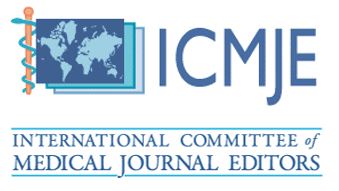Gustatory Dysfunction in COVID-19: Solitary or Secondary?
DOI:
https://doi.org/10.51200/bjms.v16i3.3596Keywords:
gustatory dysfunction, ageusia, dysgeusia, taste disorder, COVID-19 pandemic, SARS-CoV-2Abstract
Severe Acute Respiratory Syndrome Coronavirus 2 (SARS-CoV-2) causing Coronavirus Disease 2019 (COVID-19) commonly presented with neurological and respiratory disorders. Among the neurological symptoms, headache, myalgia, dizziness, impaired consciousness, cerebrovascular accident (CVA), olfactory dysfunction (OD), and gustatory dysfunction (GD) are typical. GD and OD have been included as new symptoms of COVID-19 infection by the World Health Organization (WHO). Taste disorders varied
from dysgeusia to ageusia. Similarly, OD or smell disorder severity went from microsomia or hyposmia to anosmia. The merit of these
neurological disorders is an early screening criterion for a COVID-19 patient, especially where the diagnostic resources are limited. Most of the published articles demonstrate these two dysfunctions together. Our concise review aimed to determine whether GD in COVID-19 is a solitary (independent) symptom or a secondary (associated) symptom of OD. Besides, we were looking at the possible transmission pathways of SARS-CoV-2, if it can be an early diagnostic symptom, a predictor of severity, and a prognostic factor for impaired outcome. We have limited our study to publishing articles in English only. Therefore, further evaluation might be recommended to include studies published in other languages.
Downloads
Published
How to Cite
Issue
Section
License
All articles are published under the Creative Commons Attribution-NonCommercial (CC BY-NC 4.0) license, enabling users to read, download, copy, distribute, and adapt the material for non-commercial purposes, provided proper credit is given to the original authors and the source. This model supports transparency, accessibility, and the global exchange of medical knowledge.








1.png)





